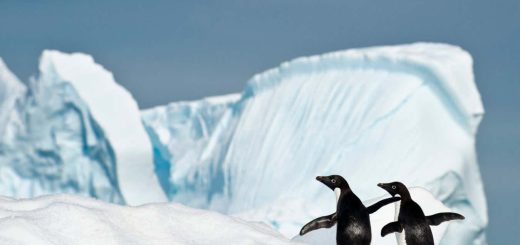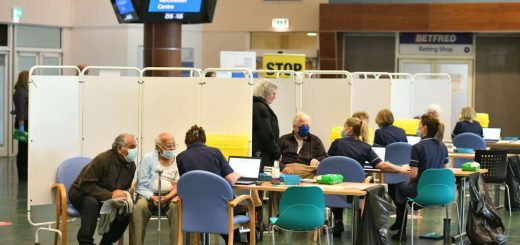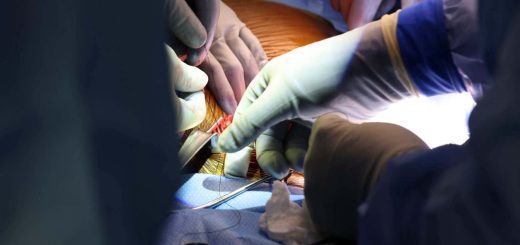Artificial superfood for bees boosts colony reproduction
A dietary supplement made from engineered yeast could help honeybees thrive despite the declining availability of high-quality pollen in their environment
By Graeme Green
20 August 2025
Bees often struggle to get the nutrients they need from flowers
Ran Zisovitch/Shutterstock
An artificial “superfood” that provides essential nutrients for bees results in colonies producing much more larvae, suggesting it could help tackle the global decline in honeybees.
Bees need to eat pollen from a range of flowers to get the nutrients they need, including essential lipids called sterols. But due to climate change and industrial agriculture, the environments they live in often lack the floral diversity they need to survive. “We need more bees to do pollination for crops, and there is less food for them,” says Geraldine Wright at the University of Oxford.
Read more
Farms can install vertical solar panels without reducing crop yields
Advertisement
To address this, beekeepers are increasingly feeding bees artificial pollen substitutes. But commercial supplements – usually made of protein flour, sugars and oils – lack the right sterol compounds, making them nutritionally incomplete.
Using CRISPR gene editing, Wright and her colleagues engineered the yeast Yarrowia lipolytica to produce a precise mix of six key sterols that bees need. The yeast was incorporated into diets fed to bee colonies during three-month feeding trials in enclosed glasshouses.
By the end of the study, colonies fed with sterol-enriched yeast had reared up to 15 times more larvae to the stage of viable pupae, compared with colonies that received a typical commercial bee feed.


